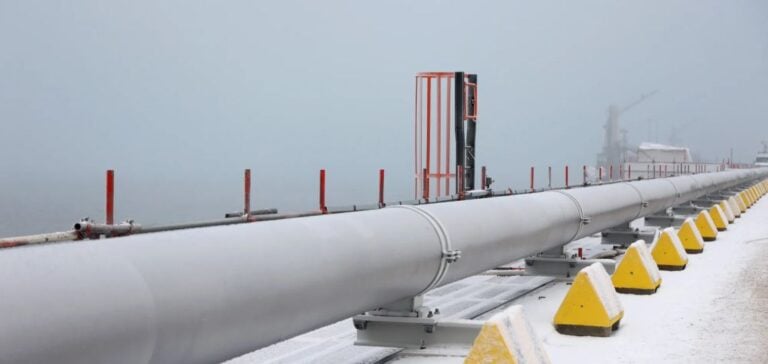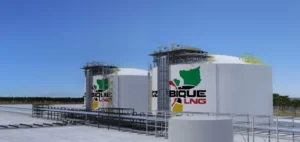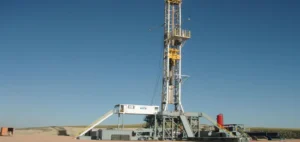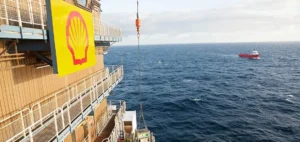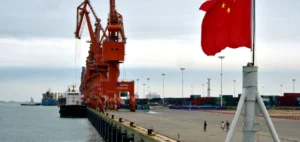Slovakia has declared itself technically and strategically prepared to face the cessation of Russian gas imports via Ukraine, a scenario anticipated for the end of 2024. This situation arises from the expiration of the gas transit agreement between Russia and Ukraine, directly affecting European countries dependent on this energy corridor.
According to Denisa Sakova, Minister of Economy, Slovakia has anticipated this scenario and holds gas reserves 20% higher than the previous year. Underground storage facilities are nearly full, an unusual situation for late December. Moreover, the diversification of supplies has enabled the country to secure contracts with international energy giants, including BP, ExxonMobil, and Shell, as well as a liquefied natural gas (LNG) agreement with the Polish company Orlen.
Multidirectional Alternatives
Slovakia benefits from an interconnected pipeline network with its neighbors, allowing it to import gas from multiple directions, limiting the immediate impacts of the end of transit via Ukraine. Collaboration with Ukraine and Russia was discussed in bilateral meetings, although Kyiv has made the unilateral decision to halt Russian gas transit.
The Ministry of Economy has labeled this decision as “irrational,” forecasting an increase in gas prices across Europe, with repercussions on the broader European economy.
Financial and Regional Consequences
Financially, the cost of alternative gas sourcing could amount to an additional €177 million for Slovak companies. This includes the loss of revenue from transit fees, estimated at tens of millions of euros. This amount exceeds the budget allocated for energy subsidies for Slovak households in 2025.
Furthermore, the cessation of Russian transit will affect the competitiveness of Slovak companies and exacerbate energy price tensions across Europe. The Dutch TTF benchmark gas price, assessed on December 30 at €47.64/MWh, may see further increases in the coming months.
Reserves as a Safety Net
Slovakia stands out for its proactive preparation. The state-owned supplier SPP has increased its gas reserves and secured long-term contracts with multiple suppliers. Simultaneously, infrastructure optimization measures have ensured immediate access to alternative supplies.
While the financial impact is significant, Slovakia asserts that it will maintain energy independence in the face of this major shift in the European energy landscape.


